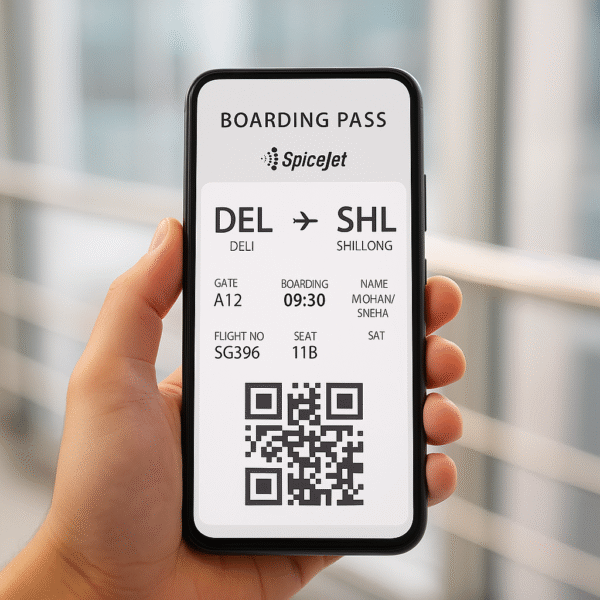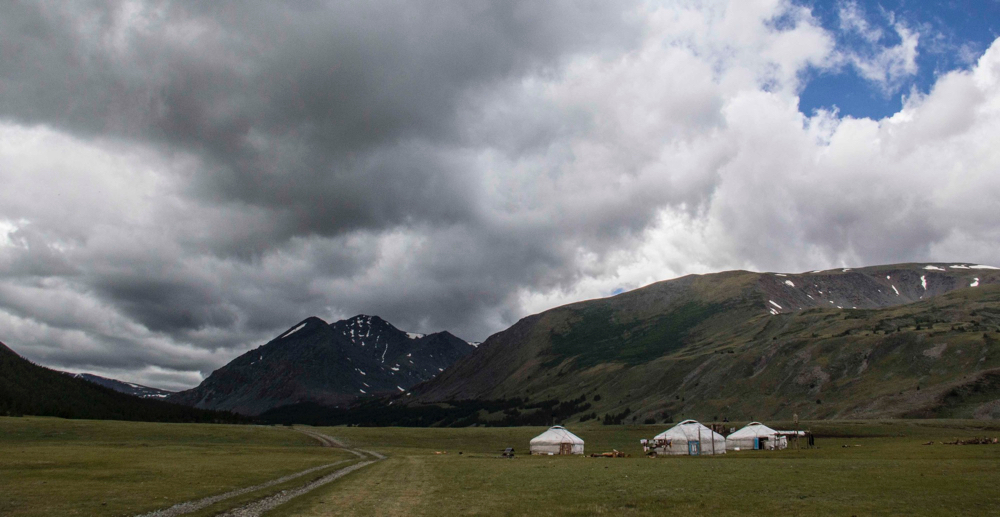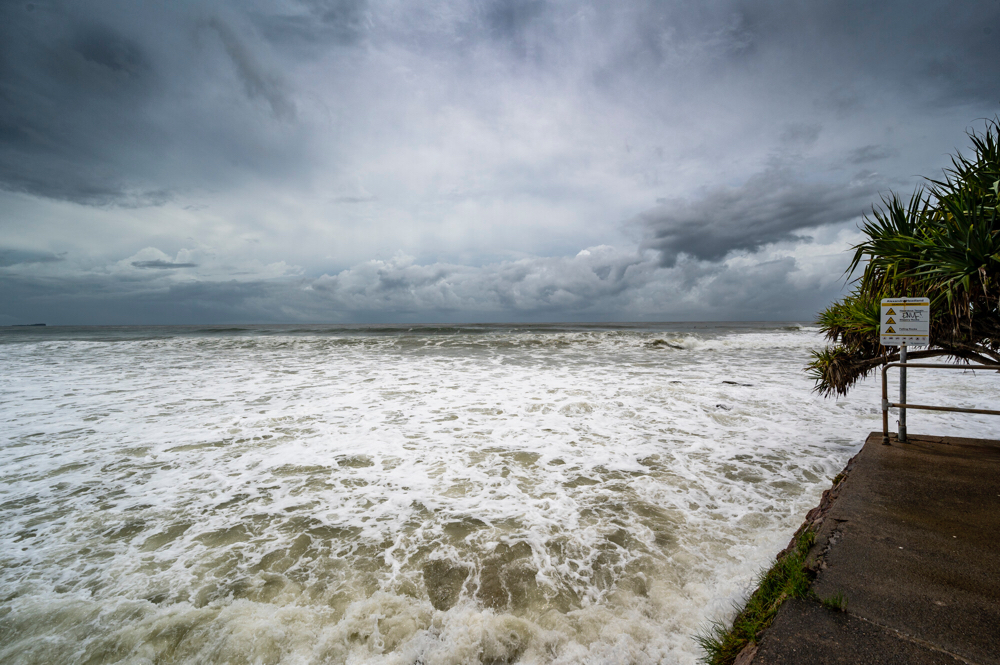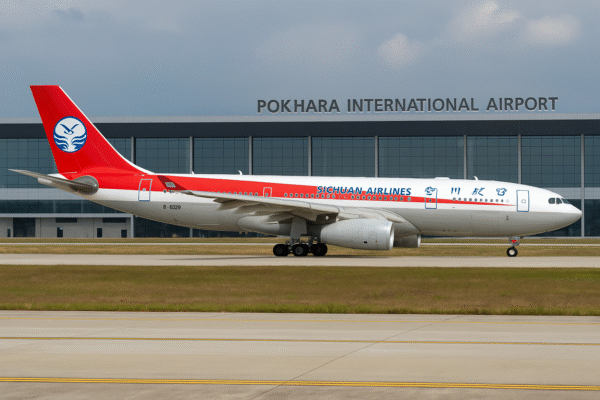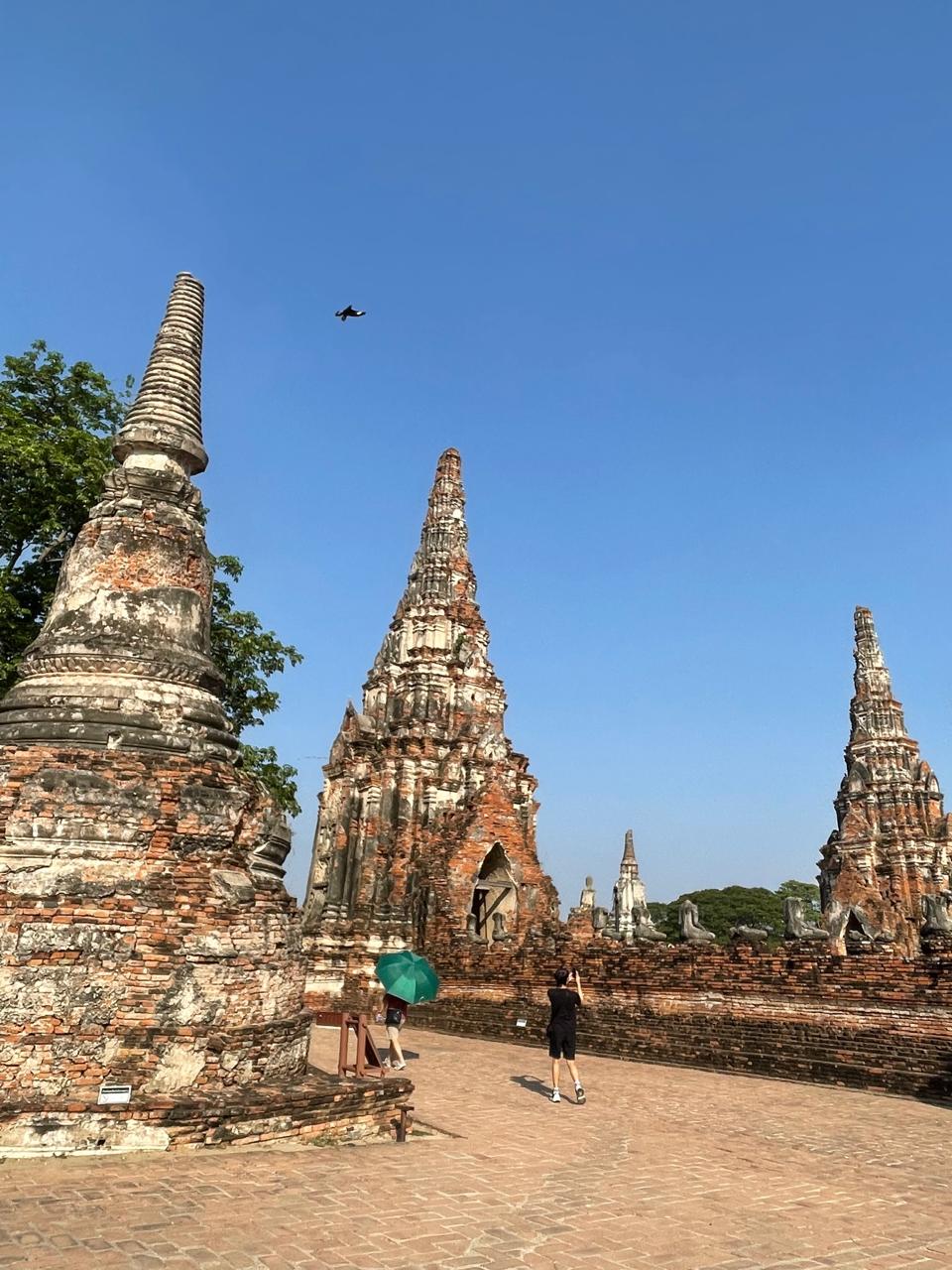BANGKOK, THAILAND – July 13, 2025 – One year after the official launch of the Destination Thailand Visa (DTV), the country has emerged as Southeast Asia’s leading hub for digital nomads and remote workers. With more than 35,000 applications submitted since July 15, 2024, Thailand is transforming its tourism identity from short-term visits to long-stay productivity, drawing remote professionals from around the globe.
Introduced by the Pheu Thai-led government to reignite economic growth in the post-pandemic era, the DTV has quickly become a powerful force in redefining tourism. By welcoming freelancers, tech entrepreneurs, and remote employees from foreign companies, the program provides flexible and extended stays—helping stimulate local economies year-round, especially during Thailand’s quieter wet season between July and September.
Bangkok, Chiang Mai, Phuket: Digital Nomad Havens on the Rise
From co-working cafes in Chiang Mai to beach villas in Phuket and vibrant city life in Bangkok, Thailand is being reimagined as a work-from-anywhere destination. International professionals are choosing the country not only for its affordability and hospitality but also for its modern infrastructure, widespread internet connectivity, and lively culture.
The DTV permits multiple entries over a five-year period, with each stay capped at 180 days—a longer duration than most remote work visas in the region. It is available to applicants aged 20 and above who work remotely for foreign companies or freelance abroad. Immediate family members—spouses and children—can also accompany the visa holder.
Thailand’s offering is more flexible than Malaysia’s DE Rantau program and Indonesia’s one-year digital nomad visa, which is non-renewable. This competitive advantage has helped Thailand position itself as Southeast Asia’s top remote work destination.
Remote Workers Bring New Life to Local Communities
The visa has already begun reshaping tourist areas. Former short-term destinations such as Koh Phangan are now experiencing a cultural revival as digital nomads seek long-term rentals and participate in community life. Once best known for full-moon parties, Koh Phangan is seeing an influx of wellness practitioners, freelancers, and creatives who attend local yoga classes, enroll in Muay Thai courses, and build deeper connections with residents.
This shift to long-term stays contributes more consistently to local economies than traditional tourism. Remote workers support small businesses—from family-run cafes to laundry services and neighborhood gyms—and are helping stabilize Thailand’s tourism sector as it navigates a turbulent global economy.
Economic Impact and Tourism Diversification
Despite its tourism-friendly image, Thailand has been grappling with slowing growth. The World Bank recently revised Thailand’s 2025 GDP growth projection from 2.9% to 1.8%, citing weak exports, trade tensions, and internal political uncertainty. Moreover, tourism arrivals—particularly from China—have declined due to concerns over safety and rising living costs.
In response, Thailand cut its full-year tourist arrival target from 39 million to 35.5 million. The emerging digital nomad market offers a vital cushion. Unlike short-term travelers, remote workers contribute to a year-round tourism economy by staying longer, spending more locally, and promoting regional destinations beyond the usual tourist hotspots.
The success of the DTV initiative shows that long-stay visitors can play a pivotal role in Thailand’s economic strategy moving forward, particularly in off-peak months and lesser-known regions.
Thailand’s Digital Nomad Ecosystem Continues to Grow
Remote professionals living in Thailand are leveraging a growing ecosystem that caters to modern work-life needs. Bangkok’s fast internet, modern transport systems, and abundant coworking spaces make it ideal for remote work. Cities like Chiang Mai continue to thrive as creative and startup-friendly zones, while the beaches of Krabi and Koh Samui offer scenic backdrops for professionals balancing work and wellness.
Thailand is also making efforts to integrate cultural experiences into the digital nomad lifestyle. The DTV includes optional benefits such as language and Muay Thai training, encouraging a deeper engagement with Thai culture. Wellness retreats and local immersion activities are widely promoted in nomad communities across the country.
Policy Limitations: Banking Restrictions Remain a Hurdle
Despite its success, the DTV program is not without drawbacks. Visa holders are prohibited from opening Thai bank accounts, a restriction aimed at curbing illicit economic activity and safeguarding local employment opportunities. However, this poses challenges for remote workers when using domestic QR code-based payment systems or paying utility bills.
For many, workarounds include relying on international fintech platforms like Wise and Revolut, or using global credit cards—though this can introduce foreign transaction fees and currency conversion losses.
Digital nomads have called for policy reform to address this inconvenience while still protecting Thailand’s local economic interests. As the remote work trend continues to rise, simplifying practical aspects of living in Thailand could help sustain and grow this segment of inbound tourism.
Community and Connectivity Keep Remote Workers Loyal
Remote workers and long-stay foreigners say that despite minor inconveniences, Thailand remains unmatched in terms of lifestyle value, regional connectivity, and community. Its central location in Southeast Asia, with easy access to Vietnam, Malaysia, Cambodia, and Singapore, makes it a strategic home base for remote workers exploring the region.
As one Canadian entrepreneur who settled in Bangkok explained: “The DTV made it possible to stay longer and build a life here. I get to work efficiently and travel on weekends, all from one place.”
Looking Ahead
Thailand’s Destination Thailand Visa has succeeded not just in reviving a battered tourism sector, but in laying the groundwork for a more sustainable, diversified, and tech-forward future. With the program continuing to draw strong global interest, Thailand is well on its way to becoming the world’s remote work capital—offering more than just beautiful beaches, but a thriving ecosystem for modern professionals.
For more travel news like this, keep reading Global Travel Wire


